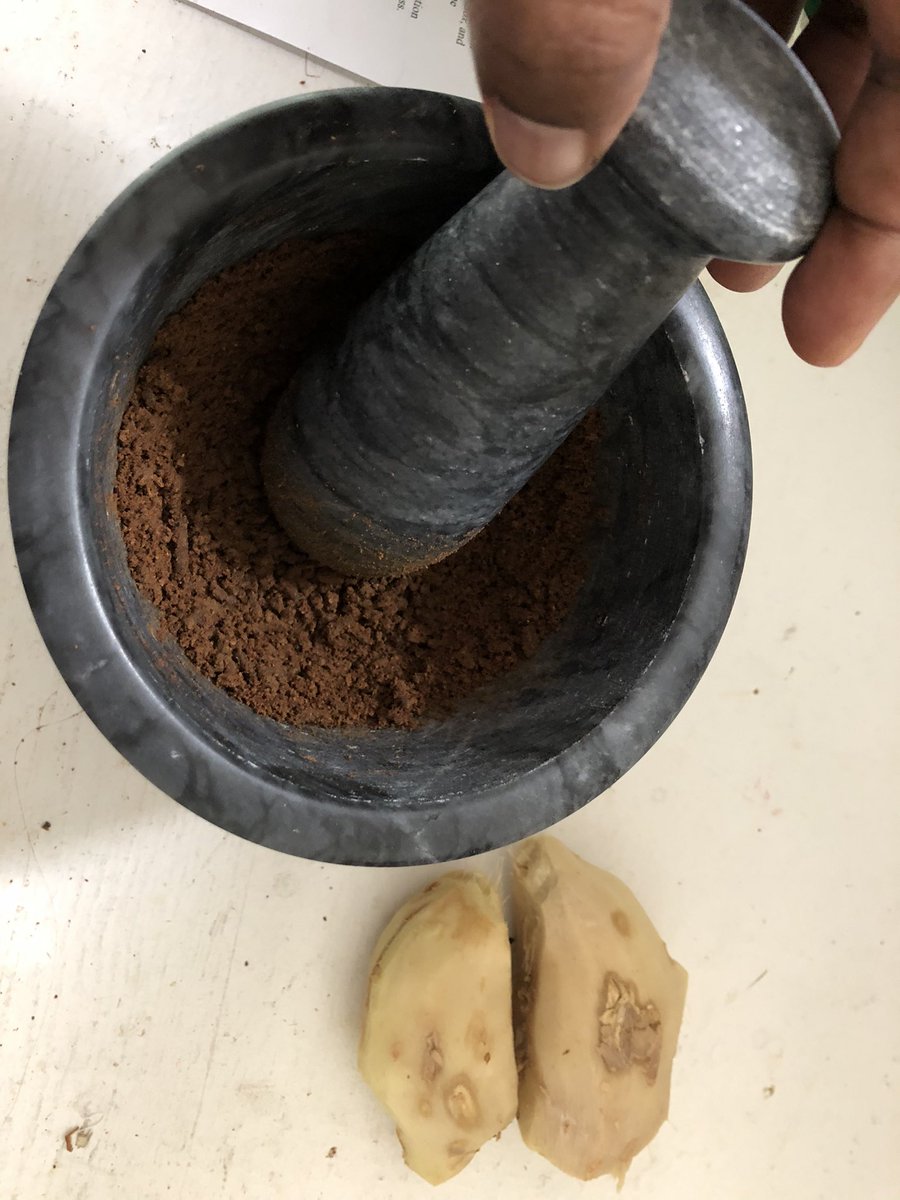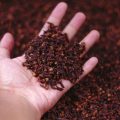Infections are a type of illness that can be caused by microorganisms such as bacteria, viruses, fungi, or parasites. These microorganisms can invade the body and cause harm by replicating and damaging cells, tissues, and organs.
There are many different types of infections, ranging from minor infections like the common cold or a skin rash, to more severe infections like pneumonia, meningitis, or sepsis. Some infections can be transmitted from person to person through direct contact, such as by shaking hands, kissing, or through respiratory droplets when someone coughs or sneezes. Other infections can be transmitted through contaminated food or water, or through insect bites.
Symptoms of an infection can vary depending on the type of infection and the part of the body affected, but common symptoms include fever, fatigue, chills, pain, inflammation, and swelling. Treatment for infections typically involves antibiotics, antiviral medications, or antifungal medications, depending on the cause of the infection.
Preventing infections is important and can be done through good hygiene practices such as washing hands frequently, avoiding close contact with sick individuals, and keeping surfaces clean and disinfected. Vaccinations are also an effective way to prevent certain types of infections. In this article, we shall be discussing the use of cloves to treat infections.
Cloves
Cloves are the dried flowers of the clove tree. Native to the Spice Islands near China, cloves spread throughout Europe and Asia during the late Middle Ages as an important part of local cuisine. They are rich in antioxidants, vitamins, and minerals. Cloves have been used tonically in traditional Chinese medicine and Ayurvedic medicine to strengthen the immune system, reduce inflammation, and aid in digestion. Clove oil is used to kill parasites and repel insects as it contains eugenol, a powerful germicide, as well as caryophyllene, which has antimicrobial properties.
Clove confers significant nutritional benefits, according to nutrition data, one teaspoon of ground cloves contains 30% of the RDI of the mineral manganese, 4% of the RDI of vitamin K, 3% of the RDI of vitamin C, and trace amounts of calcium, magnesium, and vitamin E. It is also a good source of fiber. Vitamin C and eugenol are both antioxidants that can help slow the development of chronic disease. Manganese is important to bone health.
Can clove treat infection?
Yes, clove has traditionally been used as a natural remedy for various ailments, including infections. Cloves contain compounds such as eugenol, which has antibacterial, antifungal, and antiviral properties that may help to fight off infections.
Clove oil, which is extracted from the buds of the clove plant, has been shown to be effective against various bacterial strains, including Staphylococcus aureus and Escherichia coli. It has also been found to have antifungal properties against Candida albicans, a common fungal infection. One test-tube study showed that clove essential oil killed three common types of bacteria, including E. coli, which is a strain of bacteria that can cause food poisoning. The antibacterial properties of cloves could even help promote oral health.
In one test-tube study, the compounds extracted from cloves were found to stop the growth of two types of bacteria that contribute to gum disease. Another study in 40 people tested the effects of an herbal mouthwash consisting of tea tree oil, cloves, and basil. After using the herbal mouthwash for 21 days, they showed improvements in gum health, as well as the amount of plaque and bacteria in the mouth. In combination with regular brushing and proper oral hygiene, the antibacterial effects of cloves may benefit your oral health.
In addition, cloves also contain a powerful antifungal agent known as eugenol, with antiseptic properties that have been shown to kill the Candida yeast cells according to research. Eugenol is also an immune system stimulant, which means it helps to increase the body’s disease-fighting powers. The powerful antifungal activity of cloves water means can be used to treat a variety of fungal infections and fungal-related symptoms.
How To Use Cloves To Treat Infection
According to WebMD, people use the oils, dried flower buds, leaves, and stems to make medicine. Clove is most commonly applied directly to the gums for toothache, pain control during dental work, and other dental-related issues.
Another way to use cloves especially for fighting infections is to make a clove tea. Here’s how you can make one:
- Grind 1 tablespoon of whole cloves.
- In a pan, add a cup of water, then add the cloves and bring it to boil.
- Let it steep for 3-4 minutes.
- Let it cool, strain, and serve.
- If you want, you can mix a teaspoon of honey to make your tea sweeter.
Drink this tea early in the morning for maximum benefits. Make sure you do not go overboard with the concoction. Remember, excess of anything may wreak havoc on your health. Brew yourself this aromatic tea and let us know how you like it.
However, it is important to note that while cloves and clove oil may have potential benefits for treating infections, they should not be used as a substitute for medical treatment prescribed by a healthcare professional. If you suspect you have an infection, it is important to seek medical advice and receive appropriate treatment.
What are the likely side effects of drinking or using clove water for infection?
According to the National Center for Biotechnology Information, multiple hazards are associated with clove water containing its oil. It may cause skin, eye, and respiratory irritation, or an allergic reaction on the skin. It is also flammable and could be fatal if it is swallowed and goes into the airway.
In one case report, a 15-month-old child experienced liver failure after consuming 10 milliliters (ml) of clove oil. Another incident involved a 2-year-old child who drank 5 to 10 ml of clove oil. The child experienced multiple medical problems, including coma, liver damage, and problems with blood clotting.
Cloves may also increase the chance of bleeding or increase the body’s response to warfarin. It is important to discuss the use of any herbal products with a medical professional so that they can review potential side effects and interactions. SEE:5 Key Benefits of Cloves Sexually






